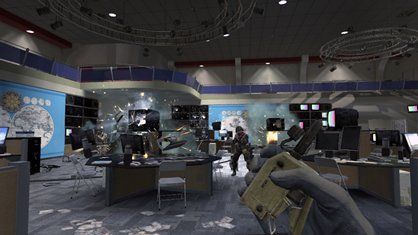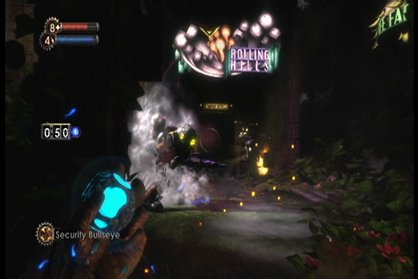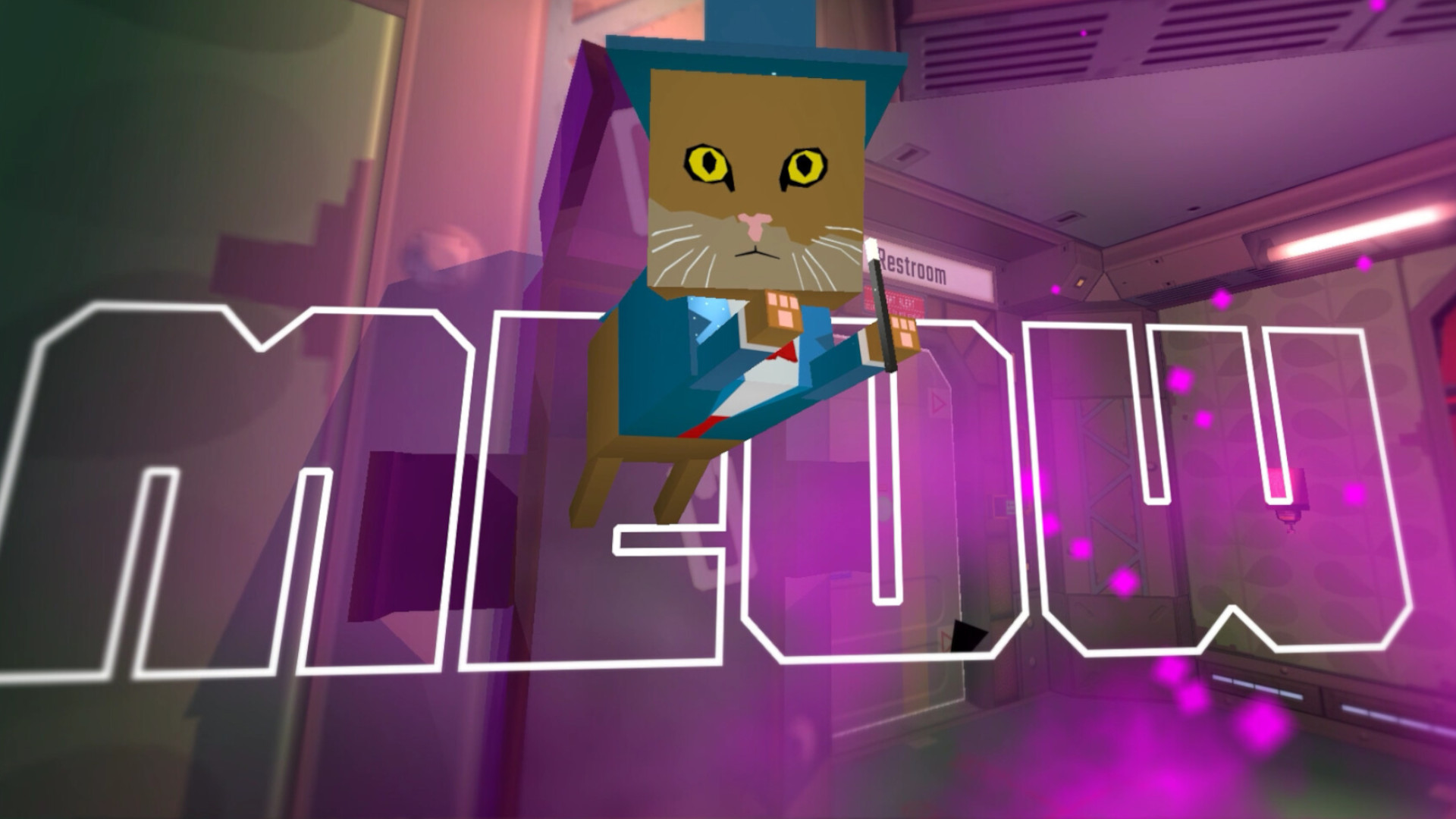Why Steam works
How Valve is revitalizing PC gaming
Doug Lombardi, Valve’s VP of marketing: “The first products we launched on Steam in 2004 (March for CS: Condition Zero, then HL2 in November) taught us a lot about offering full products over the wire. Most of that can be chalked up to teething pains on our side, and much of that was solved by investing in more hardware and people. In addition, there were some minor pains incurred due the lack of broadband penetration around the world at that time. Luckily, four years later, we’re attacking interesting features and have moved beyond the ‘just make it work’ phase.”
Which is where Steamworks comes in. Steam’s tools have been so successful that publishers and gamers have been begging Valve to release them. Steamworks is Valve’s response. In opening up Steam they're attempting to champion the PC as a platform in the way no one else has ever tried. They’re trying to address genuine, industry-wide problems, and they’re using the greatest asset the PC has: broadband. As well as giving away the tools, they’re handing over their own bandwidth to support it. Why? Doug Lombardi fills us in: “Once you get up to serving 15 million people games the size of BioShock, Call of Duty and, God help us, the Orange Box, you’re pretty much maxing out on bandwidth.” Remarkably, Valve is doing it just because they can.

Above: Call of Duty 4: Modern Warfare
Developers wanting to use the service only need to contact Valve to get access to the secret sauce. Valve will provide the application process interface (API) to anyone who wants to hook it into the code of their game. The sheer number of tools available is mind-boggling, but there’s one clear benefit outweighing all the others: Steam has killed Valve’s day zero piracy problem.
Day zero piracy is where a game is released for free by pirates before the official release. It’s disastrous for the developer and publisher because whatever route gets the game out to the gamer first will be the favoured choice, so a game uploaded to the internet before the release date will have a huge impact on sales. Erik Johnson emphasises how Steam technology killed this problem for Valve: “We draw a pretty hard line because of how damaging day zero piracy is. The bits on the disc, before release, are absolutely worthless. No one can use it at all, unless they were to break into Valve. So they have to talk to Valve to get the key for that. At that point, once we’ve unlocked, the whole world unlocks at once, then you’re free to go ahead and play.” Regardless of when Valve releases a game into the world, either through Steam or on disc, it’s only playable when they release the game’s exe file - through Steam.

Above: BioShock
Now Valve is offering developers the same degree of control: they’ll encrypt their games and deliver the executable, so that even if the game disc is leaked and mass duplicated before release, no one can play it. Not until Steam delivers the exe. A side benefit of this form of delivery is sales tracking: Valve will provide up-to-the-hour stats on how many copies of a game are being unlocked and where they’re being purchased, enabling publishers and developers to target their advertising campaigns.
Sign up to the GamesRadar+ Newsletter
Weekly digests, tales from the communities you love, and more
Aside from this, there are benefits such as Valve’s very capable server browser, the automatic updating of games, voice-chat, and strong community features. These are tools that took 20-30 Valve staff over four years to perfect. With such solutions to hand you only have to hook them into your code, then get back to working on your game.


